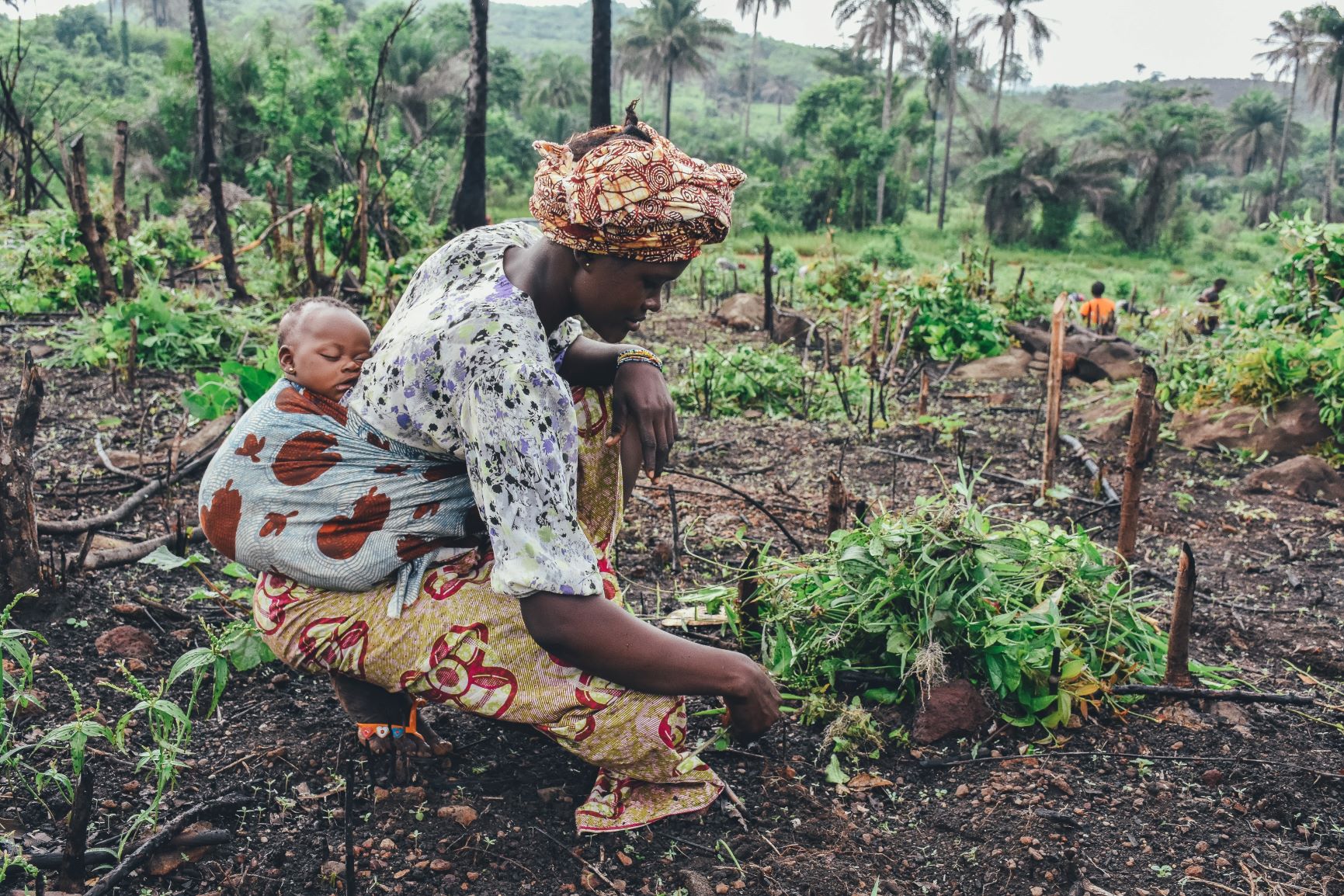
Study: preference for small families is ‘contagious’
As highly social creatures, much of what we say and do is influenced by the people close to us. A new paper examines this effect on family size and consumption behaviour and concludes that smaller families and sustainable lifestyles could be achieved by facilitating the evolution of social norms.

The study, published in Proceedings of the National Academy of Sciences, identifies population growth and overconsumption as the two main drivers of environmental degradation and argues that fears of the social costs of ending overshoot are overblown. In other words, even though people are averse to making sacrifices, if “less is more” becomes the new normal, nobody will feel like they are missing out.
The neglected population problem
The paper criticises the UN Sustainable Development Goals (SDGs) and Paris Climate Accord’s failure to address population, despite the scientific evidence that their targets are highly unlikely to be met without efforts to stabilise our numbers.
The UN’s median population projection is 10.9 billion by 2100, with more than three-quarters of the increase from today’s 7.8 billion expected to occur in sub-Saharan Africa. The authors point out that representing only 3% of the world economy, the region cannot be held responsible for today’s global environmental crises. However, with large parts of the population still living in extreme poverty, increasing wealth combined with the expected 3 billion additional consumers could cause an almost 20-fold increase in the region’s annual economic output, with predictably dire consequences for the environment.
Harmful norms
Strong gender inequality is a major reason why women in sub-Saharan Africa have an average of 4.7 children, compared to the global average of 2.5. Entrenched patriarchal cultural norms mean women are often expected to marry early, stay at home and raise many children instead of benefitting from education and career opportunities. Lack of sexual and reproductive health services and widespread misinformation about contraception drive up fertility rates also, but even desired family size is highest in sub-Saharan Africa. Despite the fact that having many kids exacerbates poverty, large families are still widely perceived to be associated with higher social status. The study argues that overturning this belief may have a profound impact on fertility rates, i.e. a preference for small families could spread rapidly on its own accord.
“A society can get embedded in a self-sustaining mode of behavior characterized by high fertility and stagnant living standards, even when there is another potentially self-sustaining mode of behavior that is characterized by low fertility and rising living standards, which is preferred by all.”
Engaging communities
The study highlights case studies to support their argument which show that a women is more likely to choose contraception if its use is common within her close social network, regardless of education level, age, or wealth. Media is also a powerful influencer on fertility rates – the Population Media Center specialises in the distribution of radio and television programmes that promote a progressive attitude to family planning, gender issues and sexual health in developing countries.
The authors argue that family planning programmes should encourage members of communities to share information about contraception and discuss the advantages of smaller families. They also highlight the urgent need for greater investment – currently, only 0.6% of overseas development aid goes to family planning, despite the evidence that it is a powerful weapon against poverty. In addition, while international development goals like the SDGs include universal access to sexual and reproductive health, they tend to focus on the satisfaction of the individual’s desired family size and don’t value the role of community engagement in increasing demand for family planning. For example, Ethiopia, Malawi and Rwanda have seen substantial growth in the demand for contraception since 2000 thanks to family planning programmes, whereas demand has stagnated in countries where these have been largely absent.

“I’ll have what you’re having” – social evolution for a sustainable future?
The second part of the study focuses on consumption behaviour, which the authors say is influenced both by our urge to compete with others and our desire to fit in. What we buy and aspire towards is strongly dependent on how those around us live. Thus, the urgently required reduction in per person consumption in high-income countries should also be achievable through our need for social conformation. Growing recognition that reduced consumerism means more time and resources to spend on friends, family and self-fulfilment could be key to a happier, healthier future.
The authors conclude that attempts to curb population growth and consumption are particularly necessary in light of the failure of institutions and technology to meet our environmental crises. Measures to encourage the evolution of more sustainable social preferences may achieve what international policy has failed to do, while also improving wellbeing.


